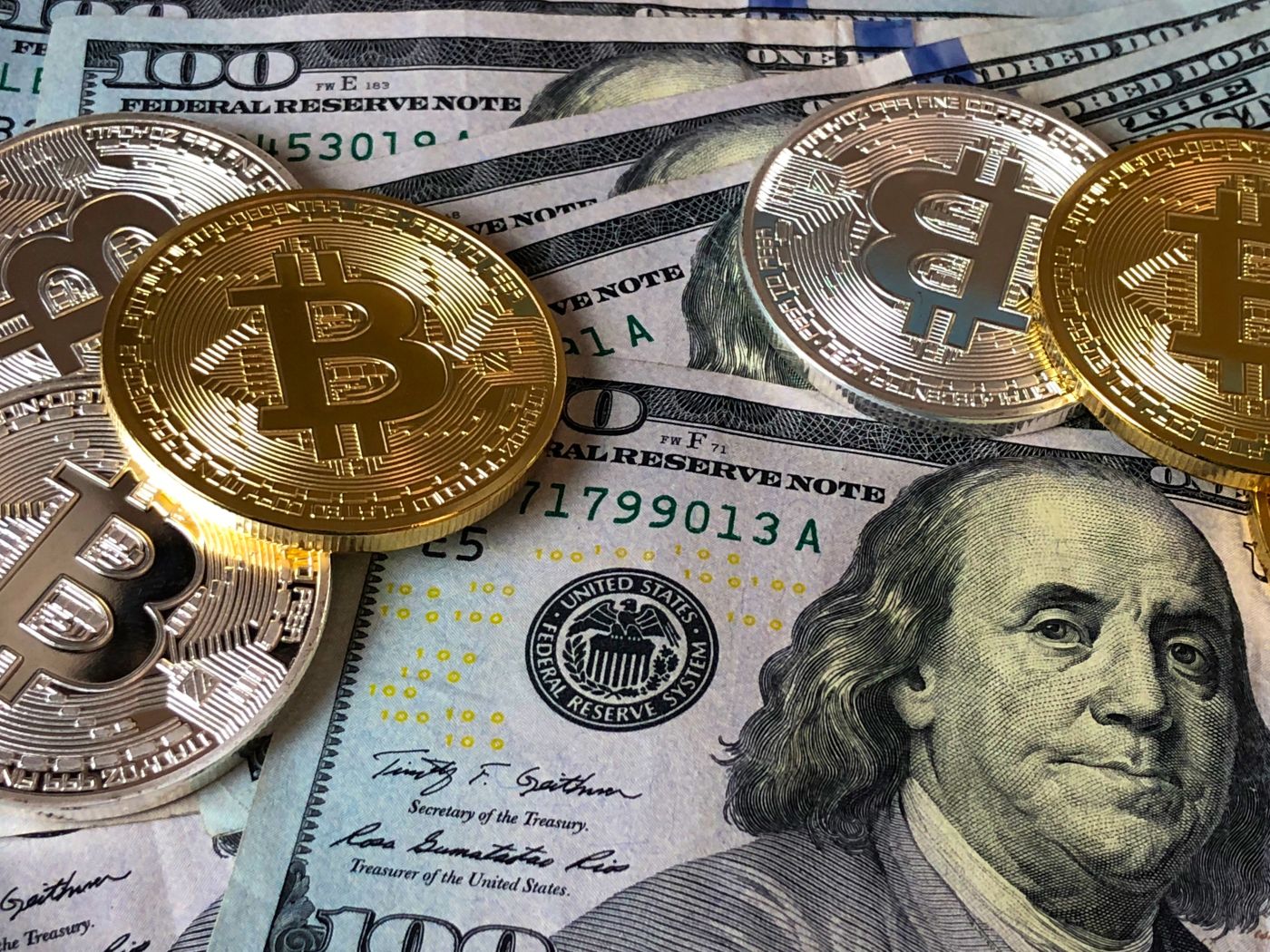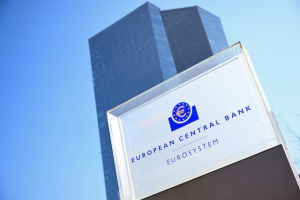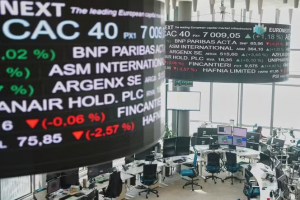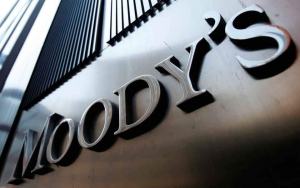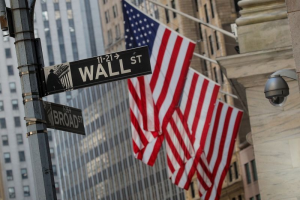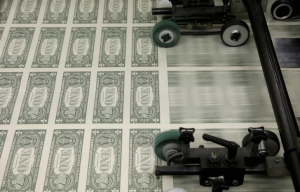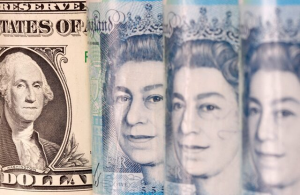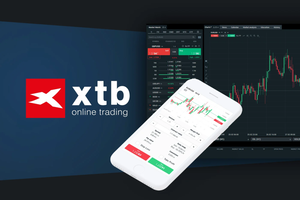The U.S. dollar drifted within a tight range on Monday, pressured by lower Treasury yields, as traders waited for more crucial economic data for fresh clues on the timing of Federal Reserve interest rate cuts.
Bitcoin rose to a more than two-year peak amid big flows into cryptocurrency exchange-traded funds.
The euro was firm following Friday's 0.33% advance, with a European Central Bank policy decision looming on Thursday.
The yen fluctuated around the closely watched 150 per dollar level, as investors tried to assess whether the Bank of Japan's exit from its negative interest rate policy could happen as soon as this month.
The dollar index - which measures the currency against six major peers, including the euro and yen - was little changed at 103.85 as of 0530 GMT, oscillating narrowly in the bottom half of it 103.43-104.97 range of the past month.
The index lost 0.26% on Friday following some weak manufacturing and construction spending data.
That also weighed on Treasury yields, removing additional support for the dollar, with the benchmark 10-year yield sliding as low as 4.178% for the first time in two weeks. The yield stood around 4.2% on Monday.
"Bias appears to be swinging towards a test of range support," in the lead up to key macro releases this week, as well as Fed Chair Jerome Powell's testimony to Congress, Westpac strategists wrote in a client note.
"However, markets will need a major shift in data to suggest that range support will be anything other than another buying opportunity," that will keep the dollar index within its current range, the note said.
This week brings manufacturing and services ISM readings on Tuesday, with the main event on Friday in the form of monthly payrolls figures.
Meanwhile, the dollar added 0.1% to 150.28 yen, as traders assessed cautious comments from BOJ Governor Kazuo Ueda from late last week that it was too early to conclude that the central bank's inflation target is close to being met.
That contrasted with hawkish remarks from BOJ board member Hajime Takata earlier the same day, that had sent the yen to a more than two-week high of 149.21 per dollar.
Markets are weighing whether the BOJ will end its negative interest policy at its March 18-19 meeting, or wait until April or later.
Policy makers have repeatedly stressed the need to see continued wage growth, and the outcome of crucial spring salary negotiations will be known on March 13 for Japan's biggest firms.
"The March meeting is live," said Shoki Omori, chief Japan desk strategist at Mizuho Securities.
"I wouldn't say (a rate hike) is probable, but the BOJ is more flexible now" on the timing of an exit from stimulus, he said.
"Shunto results are likely to come out on the better side, and if the U.S. data is strong, it's really good timing for them just to move ahead."
Elsewhere, the euro was little changed at $1.08435, sitting near the top of its recent range.
Most economists expect the ECB will first cut rates at its June meeting, but will be hoping for additional clues on the timing from central bank head Christine Lagarde's press conference.
Sterling rose 0.08% to $1.2663.
Bitcoin was last trading about 1.2% higher from Sunday at $63,350, after earlier reaching $64,284.75, the firmest since November of 2021, the same month it marked its record high of $68,999.99.
The largest cryptocurrency by market value has gained 50% this year and most of the rise came in the last few weeks where trading volume has surged for U.S.-listed bitcoin funds after their approval earlier this year.
"When I look at the Bitcoin futures chart, I see a tired market that doesn't quite have the willpower to reach for 69k right now," said Matt Simpson, senior market analyst at City Index.
"I'm not saying this is a market to short, but I would be wary going long at these highs."

